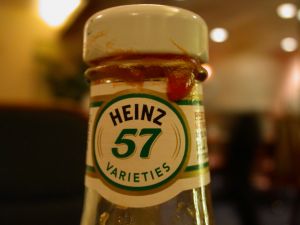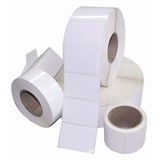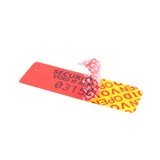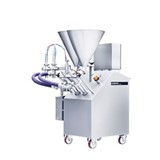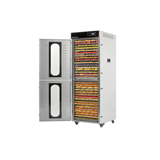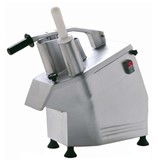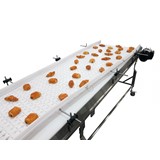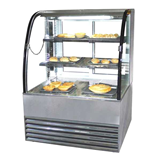Last week the chief executive of HJ Heinz, William Johnson, told investors Australia was rapidly becoming irrelevant as a market as a growing domination of private label goods and constant discounting from the major supermarkets had squeezed margins to breaking point.
Already HJ Heinz has been forced to shut one factory and downsize two others and now they have been joined by the Australian Food and Grocery Council (AFGC) who claim not only are the supermarkets squeezing manufacturers via private label, but also trading off their IP in doing so.
Major supermarket retailers are using "copycat" packaging of leading Australian food and grocery brands to mislead consumers into buying private label products, the AFGC said in a statement.
Supermarkets are copying the packaging design, colours, names and labels of branded products for their private label items to encourage consumers to believe they are buying well-known and trusted brands.
AFGC Chief Executive Kate Carnell said supermarkets are targeting brands with a strong market share and copying their designs as closely as possible without infringing trademark laws.
"This copycat strategy could be seen to be confusing consumers into believing they are buying top-selling branded products," Carnell said.
"Although the products may look similar, the taste and quality can be quite different between branded and private label products."
Private label products are forecast to grow strongly and could represent more than 40 per cent of total supermarket sales in Australia by 2020, according to a landmark report 2020: Industry at a Crossroads report recently released by AFGC and AT Kearney.
"The growth in private label is making it more and more difficult for Australian manufacturers to get their food and grocery products on supermarkets shelves. In the end, this means consumers will have less choice," Carnell said.
She said a solution to misleading brand lookalikes could be appointing a Supermarket Ombudsman, who would oversight a Fair Trading Code of Conduct.
"Within the Code, there could be a requirement for supermarkets not to directly copy packaging so there’s no confusion for customers," Carnell said.
"Australians and our political leaders overwhelmingly want a local, value-adding food and grocery manufacturing sector – it’s Australia’s largest manufacturing industry that we can’t live without," Carnell said.
"Consumers want to be confident about buying affordable, nutritious food and grocery brands that they know and trust."

